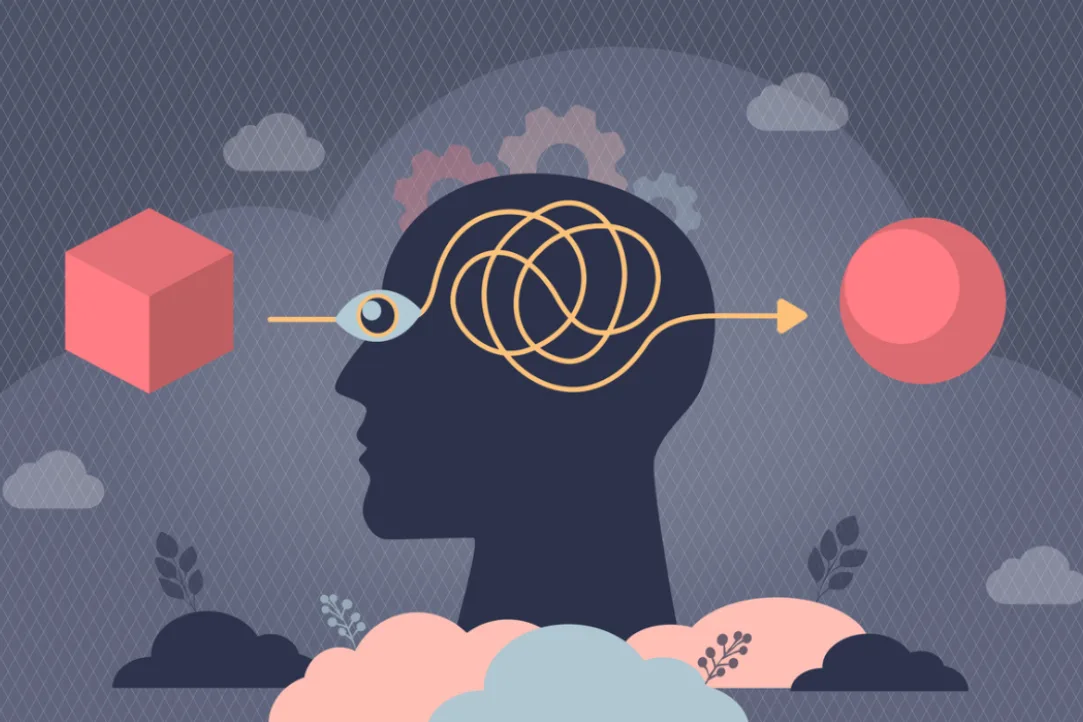Human beings like to think of themselves as rational decision-makers, but psychological research consistently shows that our thinking is prone to systematic errors called cognitive biases. These biases are mental shortcuts—heuristics—that allow us to make quick judgments, but they often lead to irrational or flawed outcomes. Understanding them is crucial, not only in personal life but also in fields like business, law, and public policy.
Advertisement
One of the most well-known biases is confirmation bias—the tendency to seek and interpret information in a way that confirms pre-existing beliefs. For example, a person who believes a certain diet is healthy may selectively pay attention to studies supporting it while ignoring contradictory evidence. This bias contributes to polarization in politics and reinforces stereotypes.


